Would you do a favor for someone only because you want something in return? That is the question asked by Nino when she saves the life of Ko Ichimomiya who doesn’t want any favors from anyone because in order to succeed in life you must not be in debt to anyone in your life. Arikawa is the story of Ko and Nino who become lovers when Nino saves his life and Ko wanting to return the favor agrees because he was taught by his father to never accept favors from anyone. It’s a great story with plenty of laughs but unlike the water under the bridge, the story is way too shallow.
Ko is at the top of the world and life couldn’t get any better for him. He has always followed his father’s advice to never accept favors or help from anyone otherwise they will want something in return. This is the life Ko has lived since the day he was born. One day on the bridge Ko meets Nino and explains to her why he won’t accept her help getting his pants down from under the bridge. Ko climbs to retrieve his pants but the iron beam gives in and he falls on the water. On the brink from drowning he is saved by Nino who wants nothing in return but Ko insists. Nino explains to Ko that she has never experienced Love in her life and wants Ko to become her lover. With Nino not accepting any of his other terms Ko has no choice but to accept but not before meeting the village chief who claims to be a Kappa but is really someone in disguise.
Kappa isn’t the only colorful character on the show who wears a custom. Throughout the first few episodes we meet all sorts of characters from a musician who always wears a star mask to an ex-military who wears nun clothing. All of them grow to accept Ko or as the Kappa chief names him Rec or Recruit. All but a few who give Ko a hard time and want him out of the way.
Arikawa is a comedy about Ko who learns that life isn’t what his father always thought him it was. At least that’s what I think it is because nothing is really explained in this anime. We have all these characters whose backgrounds are only covered briefly and the 2 characters we are interested in don’t share anything at all. At one point Ko asks Nino where she comes from and all you can see is sadness in Nino’s eyes but after the subject is dropped it’s not brought back for discussion.
Like other NIS America titles, Arakawa comes with a collector’s book which has QA’s with the voice actors of the series as well as character descriptions. But these descriptions are not enough to cover what is going on or where they come from besides what they already talk about in the anime. To add more to your already confused mind each episode is titled Bridge. The only way you can know where you left off is that before Bridge there is a number which helps you when you decide to stop and continue some other time. The story is however broken down into chapters and each chapter is several minutes long.
Arakawa comes with 2 versions of the anime; A DVD and a Blu-Ray version. The Blu-Ray version is much clearer and colorful than it’s DVD counterpart and has better audio as well. The DVD version is great if you have problems reading the subtitles on the Blu-Ray version which are smaller. The menu setup is also way different on the DVD version as well. The Blu-Ray version is well organized into sub categories while the DVD version is all over the place. It’s great that NIS-America included both versions into the premium edition instead of selling them separately.
Arakawa is a great comedy but if you’re looking for a story, you will find too many loose ends that your brain can keep up with. The ending leaves more questions than answer and leaves things between Ko’s father and Ko unresolved. At the end they show a completed space ship with a woman saying their precious cargo is ready to be launched which if you watch the anime it would kind of make sense but it just ends at that and shows no relationship between the woman who says that and the cast.
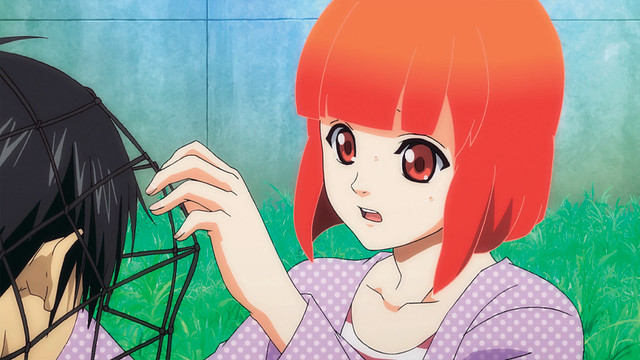
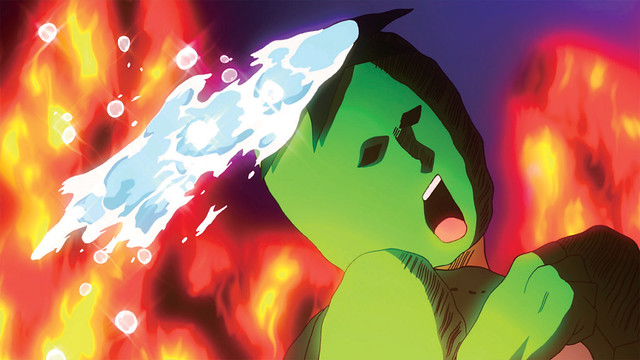
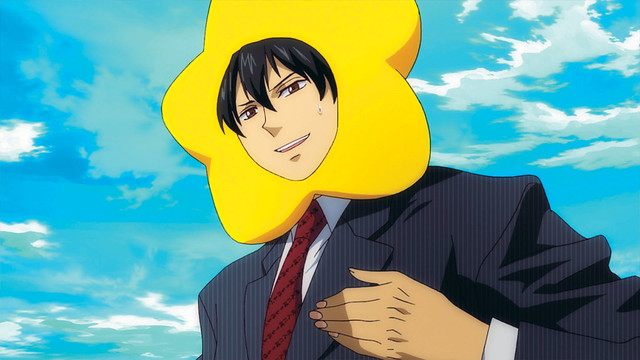
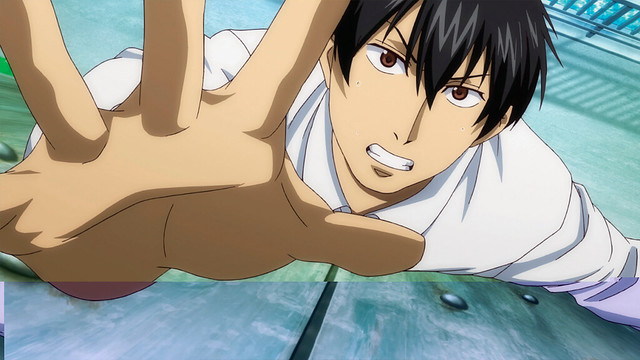
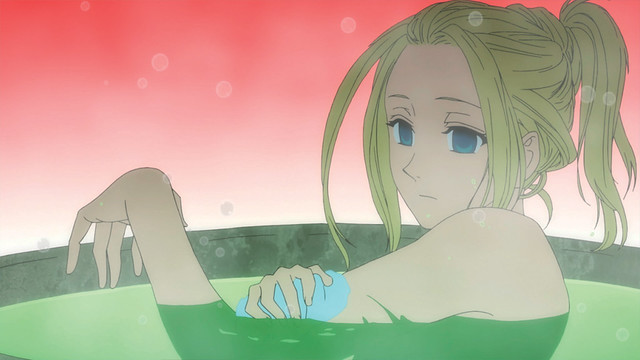
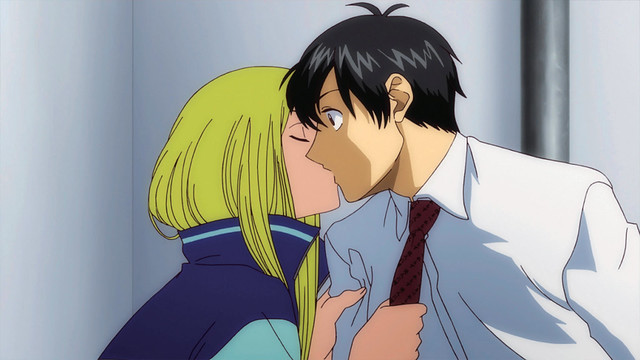

No comments:
Post a Comment